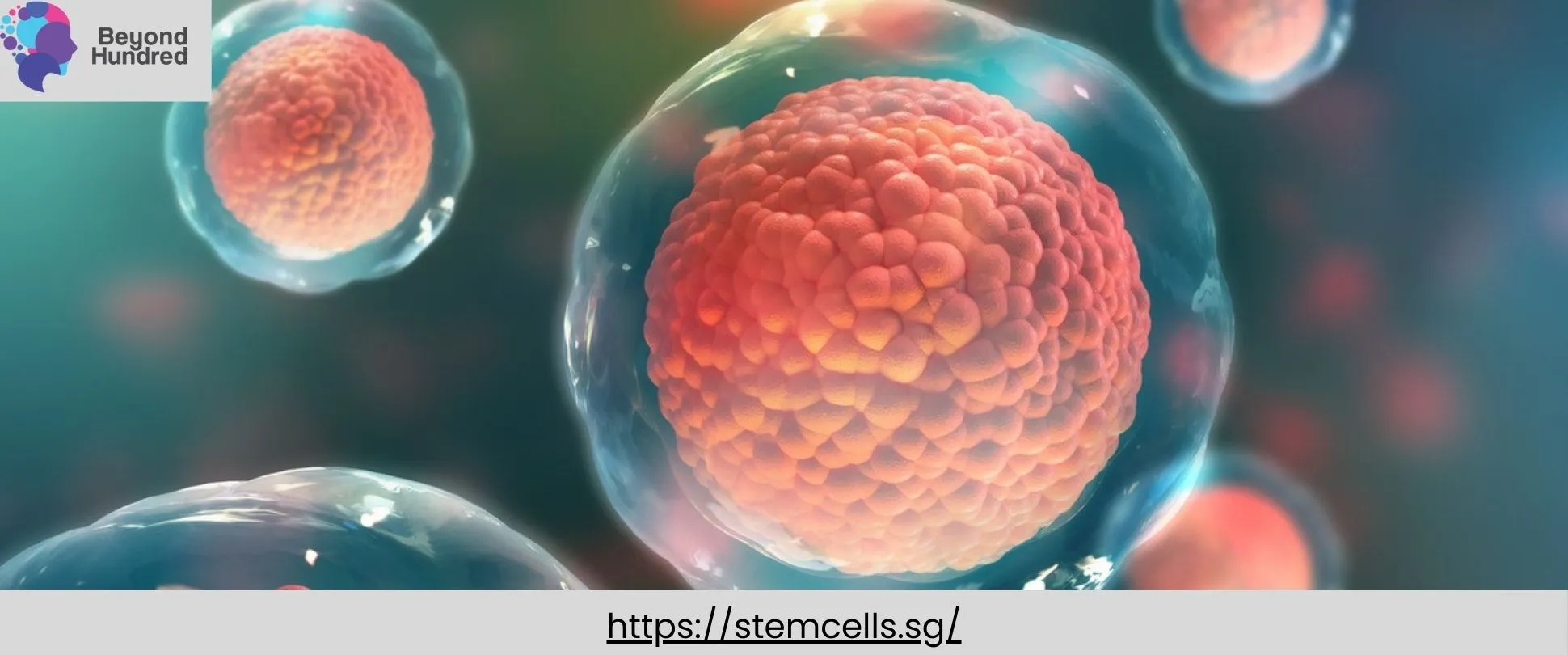The prevalence of type 2 diabetes mellitus (T2DM) continues to grow worldwide, placing a heavy burden on both patients and healthcare systems. Conventional treatments such as insulin injections and oral hypoglycemic drugs can help regulate blood glucose levels, but they fall short in reversing the course of the disease.
In recent years, mesenchymal stem cell (MSC) therapy has emerged as a promising frontier in regenerative medicine. By modulating the immune system, supporting pancreatic function, and reducing inflammation, MSC therapy offers a fundamentally different approach to long-term glucose control.
A clinical study conducted at HELENE Clinic in Japan followed 61 patients with T2DM for up to 68 months after receiving a single intravenous MSC injection. The results highlight both safety and durable clinical benefits, providing hope for a new standard in diabetes treatment.
Study Overview and Patient Profile
A total of 61 patients aged between 42 and 89 years participated in the trial. All had HbA1c levels of at least 6.2% before treatment. The patients were divided into moderate (HbA1c 6.2–8%) and severe (HbA1c >8%) groups.
Key characteristics:
- MSC dosage: ranged from 100 million to 2 billion cells
- Administration: single intravenous infusion
- Adjunctive therapy: no other regenerative treatments were used
- Follow-up: extended up to 68 months
One notable observation was that the treatment effect remained stable over several years, with no clear correlation between efficacy and observation time. This suggests that a single infusion may be sufficient to provide long-term metabolic stability.
Key Findings
The HELENE Clinic Japan study produced several important clinical outcomes:
- Average HbA1c reduction: from 7.49% before treatment to 6.7% after therapy (p < 0.0001).
- Moderate group: HbA1c decreased by an average of 0.58% (p < 0.0000002).
- Severe group: HbA1c decreased by 1.55% (p = 0.0122), showing particularly strong benefits.
- Durability: therapeutic effects persisted for more than three years without decline.
- Dose effect: patients who received ≥1 billion MSCs experienced stronger reductions in HbA1c.
These findings distinguish MSC therapy from drug-based treatments, which often lose effectiveness over time and require strict adherence to daily regimens.
How MSCs Work in Type 2 Diabetes
The long-term benefits observed in this study can be explained by three key mechanisms:
Paracrine Effects
MSCs secrete repair-promoting factors such as insulin-like growth factor-1 (IGF-1), transforming growth factor-β (TGF-β), and vascular endothelial growth factor (VEGF). These molecules help restore tissue function and promote vascular health.Immune Modulation
Chronic low-grade inflammation is a hallmark of diabetes progression. MSCs help suppress inflammatory cytokines like IL-6 and TNF-α, while promoting the growth of regulatory T cells (Tregs) that restore immune balance.β-Cell Support and Regeneration
By enhancing C-peptide production, MSCs improve insulin secretion and β-cell survival. This mechanism directly addresses one of the core deficits in type 2 diabetes.
Together, these effects create a therapeutic environment that not only improves blood glucose levels but also protects against further metabolic deterioration.
Safety Profile
One of the most encouraging aspects of the HELENE Clinic study was the safety outcome. No serious adverse events related to MSC therapy were reported during the long follow-up period.
This is particularly important for chronic diabetes conditions, where long-term safety is a critical concern. Patients were able to benefit from lasting metabolic improvements without the risks commonly associated with frequent medication use.
Clinical Implications
The study highlights several implications for the future of diabetes care:
- Single-use effectiveness: For patients who find repeated treatments inconvenient, a one-time MSC infusion with durable results could significantly improve treatment acceptance.
- Severe patient benefits: Those with higher baseline HbA1c levels experienced greater reductions, suggesting MSCs may be particularly valuable in advanced cases.
- Prevention of complications: By protecting vascular endothelial function and reducing inflammation, MSC therapy may help prevent complications such as diabetic nephropathy, retinopathy, and diabetic foot syndrome.
Moving Toward Individualized Therapy
Although the findings are promising, personalized treatment strategies will likely play a key role in the future. Factors such as body mass index (BMI), insulin resistance, and specific biomarkers may help determine:
- The optimal dosage of MSCs
- Whether repeat infusions are necessary
- Which patients are most likely to respond favorably
- This approach would enhance both clinical outcomes and cost-effectiveness.
Limitations and Future Research
It is important to note that the HELENE Clinic study was retrospective. While the observation period was long and patient diversity was high, more rigorous prospective randomized controlled trials (RCTs) are needed.
Future studies should focus on:
- Direct comparisons between different MSC dosages
- Longitudinal tracking of immune markers
- Molecular studies to clarify the exact mechanisms of action
- Evaluation of cost-effectiveness for widespread adoption
Conclusion
The HELENE Clinic study provides some of the strongest clinical evidence to date that a single high-dose intravenous MSC infusion can significantly and sustainably improve blood glucose levels in patients with type 2 diabetes.
Unlike traditional drug therapies, which require continuous use, MSC therapy offers the possibility of a disease-modifying intervention with long-lasting benefits. Its safety profile further strengthens its potential as a breakthrough in regenerative medicine.



